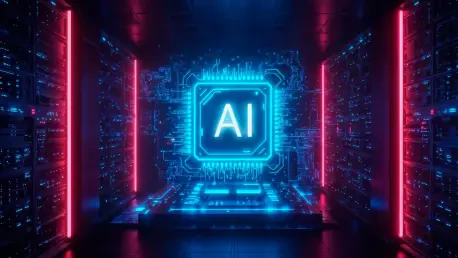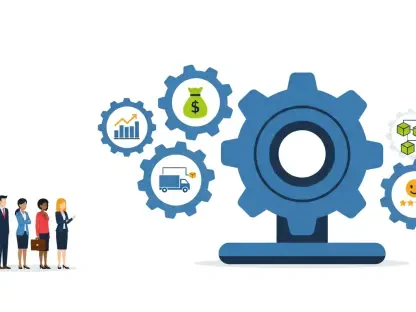Revolutionizing Reliability: Is AI Changing the Game for SRE?
As technology propels forward with unprecedented speed, professionals in Site Reliability Engineering (SRE) are finding themselves amidst a rapidly evolving landscape. AI Reliability Engineering is emerging as a pivotal force, redefining traditional practices that focus on web applications, prompting a re-evaluation of what it means to ensure system reliability.
AI Reliability Engineering: A Critical Transformation
AI’s revolutionary leap into mission-critical operations underscores industry-wide challenges, amplifying the need for a specialized approach to reliability. With the increasing adoption of AI models for dynamic decision-making in real-time environments, the pressures of maintaining precision, responsiveness, and observability are mounting. As AI systems permeate essential infrastructures, such as telecommunications and financial services, their reliability is no longer a secondary concern but a primary axis upon which system functionalities revolve.
Navigating AI Inference: New Horizons for SRE Practices
The shift from web applications to AI inference workload management presents unique challenges related to latency and silent model degradation. Unlike traditional applications, AI inference involves implementing learned knowledge to predict data, making accuracy and speed critical. Practical deployments of AI models on edge devices and cloud infrastructures have highlighted the need for SRE practices to navigate an era where AI reliability has become indispensable. Precision demands in AI inference and innovative optimization techniques are necessary, further sculpting reliability engineering.
Industry Leaders Weigh In: Transformations in Practice
Prominent figures in AI and reliability engineering concur on the need for specialized reliability strategies. Discussions and case studies from leaders in the field emphasize tailored approaches to AI systems, such as Edward Jones’s implementation of AI observability tools, which demonstrated a significant reduction in silent model degradation instances. This shift mirrors a larger narrative of innovation and adaptation where traditional SRE practices are being reimagined to meet AI’s transformative demands and integrate novel solutions.
Implementing AI Reliability: Roadmap for Modern Reliability Engineers
Integrating AI into SRE practices warrants clear, actionable strategies that accommodate complex AI systems. Reliability engineers can adapt existing frameworks by prioritizing AI observability, performance monitoring, and crafting precision-based metrics. Implementing tools that enhance transparency around AI inference endpoints is crucial, allowing engineers to optimize resource allocation while bolstering security. By embracing innovative techniques, reliability engineers can bridge gaps and evolve alongside AI’s ever-expanding presence.
The Future of Reliability: Evolving Practices and New Frontiers
In the past, the burgeoning field of AI reliability represented a transformative change in emphasis for reliability engineering. As AI models rose to prominence within mission-critical operations, the necessity to develop and integrate specialized methodologies transformed the conventional understanding of reliability and SRE practices. Engineers not only adapted existing frameworks to this new reality but also forged groundbreaking strategies that fostered the reliability and integrity of intelligent systems. AI Reliability Engineering signaled a crucial evolution in what it means to be a reliability engineer, inviting future excellence and innovation that ensure seamless system performance and resilience.









